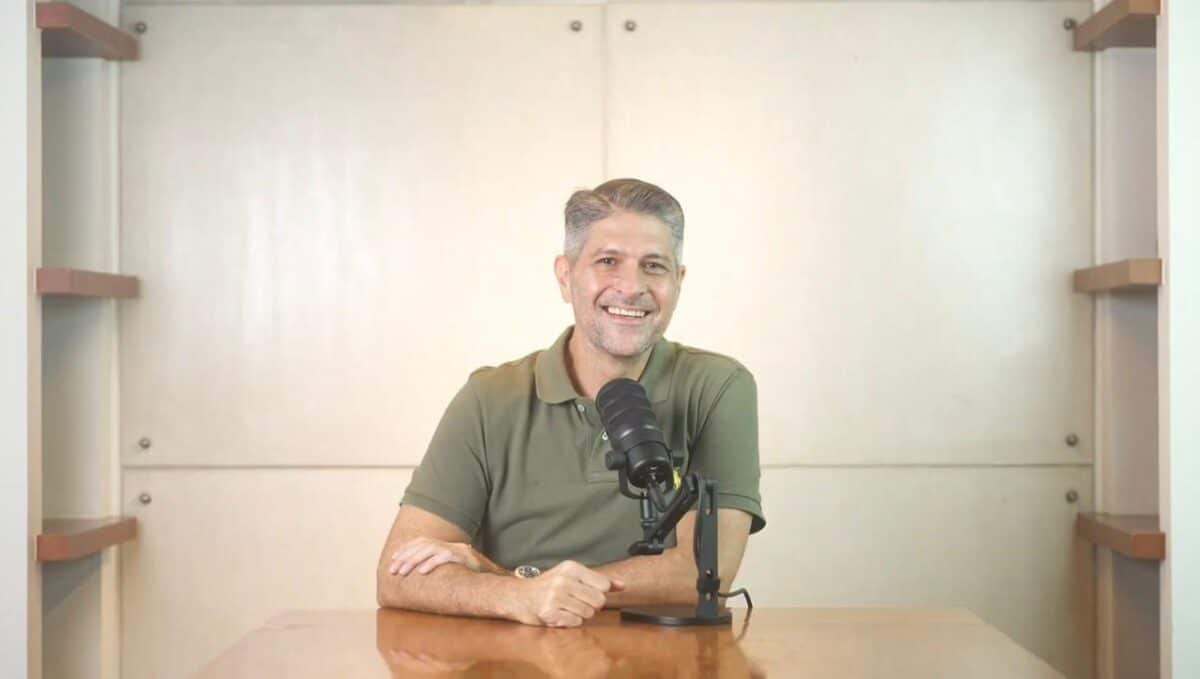As Trump reclaims the Presidency, James Deakin says ‘people have had enough’ of celebrity endorsements
As the dust settles after one of the most contentious election seasons in modern history, TV host and online personality James Deakin reflects on the shifting power dynamics in the world of journalism, censorship, and the impact of political endorsements in his new commentary uploaded on the Peanut Gallery Media Network’s online platforms.
According to Deakin, the media landscape has been forever altered, and it’s clear: “The (American) mainstream media are officially dead.”
Watch the full episode on the PGMN YouTube channel here:

Deakin’s sharp critique points out that US-based mainstream outlets have lost the trust of the public.
“People have had enough of the lies. They’re not buying it anymore,” he says, emphasizing how credibility was eroded by years of sensationalist reporting.
One of the most notable casualties of this trend, according to Deakin, is the credibility of political endorsements, particularly from celebrities.
“Celebrity endorsements no longer hold weight. We’ve suspected this for a while, but the election result was the final nail in the coffin,” Deakin argues.
The host cites a series of events where the media failed to deliver on their hyperbolic predictions or just downright covered up truths, such as the Russian election interference claims, the Hunter Biden laptop story, and the politicization of the Covid-19 pandemic. Deakin views these instances as evidence that the mainstream media has run out of “wolves to cry,” a reference to the boy who cried wolf. Once it was no longer able to fabricate crises, the media simply became another cog in the propaganda machine.
In addition to this, Deakin is critical of the ongoing censorship within the Information Age, pointing to the widespread efforts by social media platforms and mainstream outlets to silence opposing viewpoints.
“Censorship doesn’t work. It creates a Streisand effect,” he warns. “If you tell people they can’t speak, they scream. If you tell them they can’t scream, they tear things down.”
This, Deakin suggests, has led to the breakdown of traditional media and the rise of alternative platforms.
Networks, according to James, “became paid activists, hyperinflating their words and debasing the truth in the process.” The result? A society that no longer trusts the information being spoon-fed to them by legacy media.
Yet amidst the chaos, there has been a clear shift in who is regarded as a trusted source of information. As Deakin puts it, “The balance of power has shifted.” Independent thought leaders and citizen journalists have filled the void left by traditional outlets.
For Deakin, the takeaway is clear: Mainstream media must evolve or face irrelevance.
“If they have any desire to reinvent themselves, they need to accept that they no longer hold the monopoly of truth,” he added.
As the Philippines gears up for the 2025 midterm elections, the 2024 US election should be a stark reminder of the shifting tides in media influence, public trust, and the role of censorship in shaping the political landscape.
